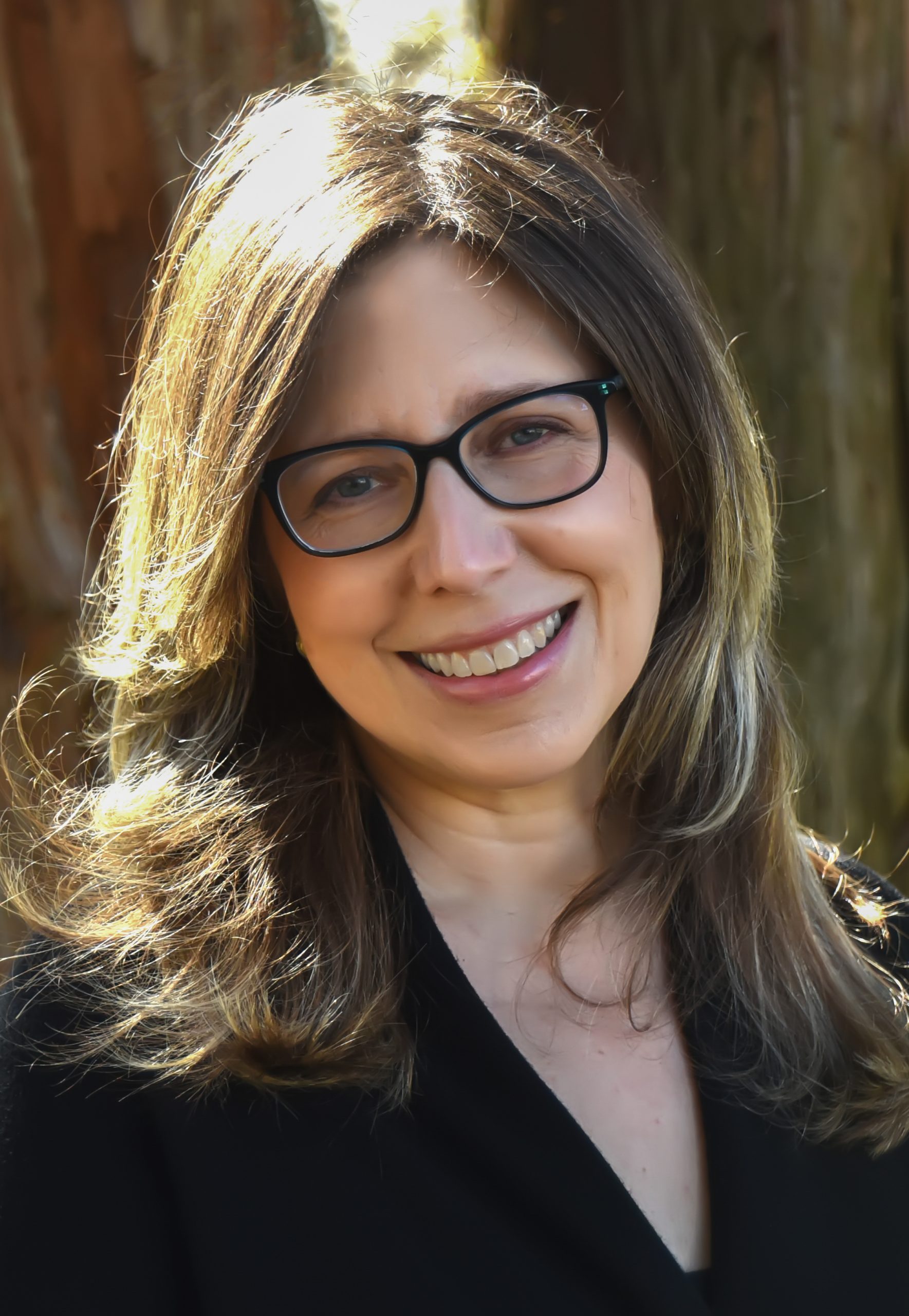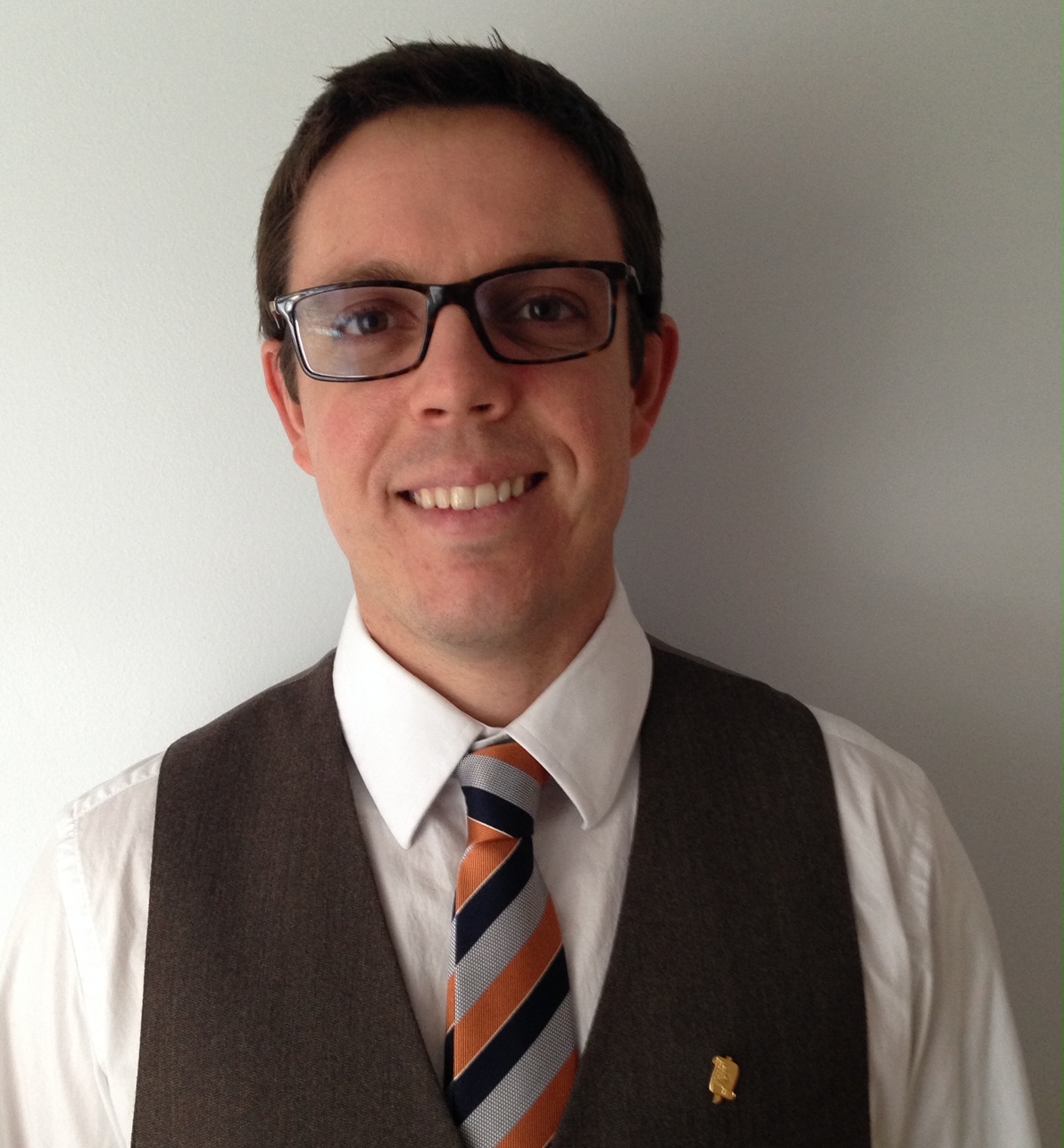Jennifer Lemberg is associate director of U.S. Programs at The Olga Lengyel Institute for Holocaust Studies and Human Rights.
Alexander Pope IV is an associate professor in the Department of Secondary and Physical Education and director of the Institute for Public Affairs and Civic Engagement at Salisbury University.
They are the editors of Becoming a Holocaust Educator: Purposeful Pedagogy Through Inquiry.
In 2005, The United Nations designated International Holocaust Remembrance Day as January 27, in honor of the liberation of Auschwitz-Birkenau concentration camp on that date and as part of a larger effort encouraging member nations to remember and teach about the victims of the Holocaust (United Nations, 2022). The 18 years that have passed since then have been marked by many forms of remembrance, from community commemorations to political pronouncements, and by increased public awareness of the “need to promote Holocaust education throughout the world” (United States Holocaust Memorial Museum, 2023).
If this day is set aside for public commemoration of the Holocaust and reflection on its meanings for the present, it seems natural to us to pause in order to consider how classroom teachers support those endeavors. As educators ourselves, with more than 30 combined years’ experience immersed in professional development for teachers, we think deeply and often about the role of classroom education in Holocaust remembrance and about the role of teachers in helping students to consider their responsibility to the present in light of the past. We think of these within the broader context of American discourse around classroom education, and especially in regards to the circumstances in which many US teachers now find themselves as they manage conflicting demands, and in some cases extreme challenges, in their classrooms.
As we say in the introduction to our book, Becoming a Holocaust Educator: Purposeful Pedagogy Through Inquiry, though we come to this work from different disciplines, we share a relationship to professional development for teachers through the Olga Lengyel Institute for Holocaust Studies and Human Rights (TOLI), which offers seminars in Holocaust and human rights education in the US and Europe. Stories from teachers in TOLI’s network comprise our book, and we reflect on these and other stories when considering Holocaust remembrance and education in 2023.
There are many encouraging supports for educators teaching about the Holocaust, genocide, and human rights. The National Council for the Social Studies describes education as “the best weapon of defense against Antisemitism, Antisemitic Violence [sic], and all forms of discrimination” (NCSS, 2022). That followed the organization’s 2021 position statement, which begins with reference to the Holocaust and resulting Universal Declaration of Human Rights. NCSS then calls for greater attention to human rights education, including more support for teachers working to help students “be encouraged to engage in open-minded examination of human rights concerns, critically reflect on their environment with opportunities to draw upon their own lived experiences and perspectives, and develop their own informed conclusions and choices” (NCSS, 2021). Formal recognition of education as a response to discrimination, and specifically to antisemitism, should give support to teachers wishing to help their students grapple with such difficult topics.
A growing number of states now require the teaching of the Holocaust in secondary schools; currently, The United States Holocaust Memorial Museum (USHMM) lists 21 states as having mandates or requirements in place (United States Holocaust Memorial Museum, n.d.). At the national level, the Never Again Education Act, passed into law in 2020, reaffirms the role of the USHMM in offering Holocaust education and resources and provides funding for the museum to make these broadly available. It begins by acknowledging the United States’ ongoing participation in international efforts to recognize and educate about the Holocaust.
While we are heartened by these developments, we cannot ignore the accompanying realities that make it harder, not easier, to teach about the Holocaust in the United States. The strength and emphasis of language in state mandates varies widely, for instance between whether teachers “must include” or are “strongly encouraged” to cover the Holocaust. In a study conducted with Arizona State University, the Phoenix Holocaust Association (2021) notes that the mandates also carry inconsistent resources for teacher development and support. The landscape continues to shift as states revise and refine their standards, and educators must keep up with these changes while teaching with dedication and rigor.
More worrisome to us by far are other pieces of legislation that impede the ability of educators to teach their students about some of the issues that are important to learning about the Holocaust. Recent reports show that over the past two years “42 states have introduced bills or taken other steps that would restrict teaching critical race theory or limit how teachers can discuss racism and sexism,” while “eighteen states have imposed these bans and restrictions either through legislation or other avenues” (Schwartz, 2023). Just as professional organizations situate Holocaust education alongside human rights education as a means of support, we know that others will draw connections as a means of opposition. Teachers face challenges to their professionalism from politicians and parents. Concerns over what happens inside classrooms often run counter to accomplishing what teachers are tasked with achieving through established standards or what teachers know about how best to reach their students.
Given these obstacles, educators must stay grounded in their own reasons for teaching this material. State standards are important, but quality education will always require more than adherence to existing curricula. Several chapters in our book speak to these tensions and share lessons from the teachers’ own efforts to negotiate them. Authors describe their own beliefs about why teaching about the Holocaust is valuable, how they connect with others doing similar work, and what their students do with the information in the present.
Contributor Diane Williams recounts in our book that her class “took our study of the Holocaust out of the past, into my students’ present, and towards our shared future. It helped ground their learning in ideas about what it means to be a just and equitable society and pushed students to turn their words into action” (162). International Holocaust Remembrance Day calls us to remember the Holocaust and to join together in shaping a better future. We may also reflect on the role of education in fostering remembrance and hope. For us, January 27 provides an important opportunity to renew our commitments to helping teachers guide students through the history of the Holocaust and its continuing resonance. We encourage others to do the same.
Congress.gov Text for H.R> 943 – 116th Congress (2019-20) Never Again Education Act. https://www.congress.gov/bill/116th-congress/house-bill/943/text
Lemberg, J,, and A. Pope IV. Becoming a Holocaust Educator: Purposeful Pedagogy Through Inquiry. Teachers College Press and the National Writing Project, 2021.
NCSS (2022). Position Statement on Antisemitism, Antisemitic Violence, and All Bigotry and Discrimination. https://www.socialstudies.org/position-statements/antisemitism-antisemitic-violence-bigotry-discrimination
NCSS (2021). Human Rights Education. https://www.socialstudies.org/position-statements/human-rights-education
Phoenix Holocaust Association. (2021). Mandates on Holocaust and Genocide Education in the United States: September 2021. https://shprs.asu.edu/sites/default/files/2021-10/207547%20-%20Holocaust%20Mandates%20Booklet%20FINAL%20DIGITAL%20%281%29.pdf
United Nations (2022). The Holocaust and the United Nations Outreach Programme. https://www.un.org/en/holocaustremembrance/about-us
United States Holocaust Memorial Museum (n.d.). Holocaust Education in the United States. https://www.ushmm.org/teach/fundamentals/where-holocaust-education-is-required-in-the-us
United States Holocaust Memorial Museum (2023). International Holocaust Remembrance Day. https://encyclopedia.ushmm.org/content/en/article/international-holocaust-remembrance-day
Williams, Diane (2021). Student Voices Empower a Community: When Holocaust Education Inspires Civic Action. In J. Lemberg & A. Pope IV (Eds.), Becoming a Holocaust Educator: Purposeful Pedagogy Through Inquiry (pp. 161-169). Teachers College Press and the National Writing Project.
Photo by Karolina Grabowska


